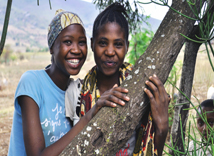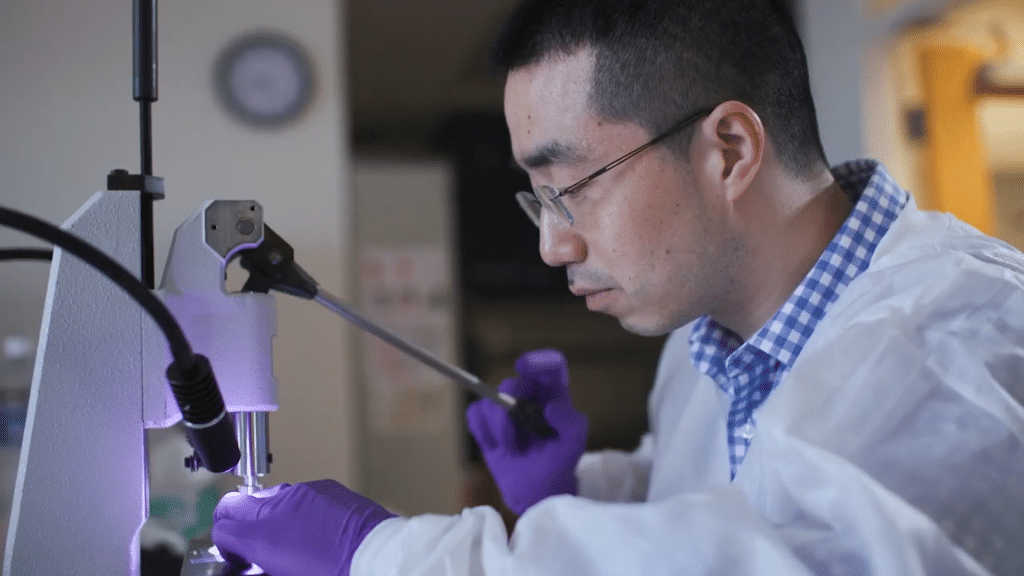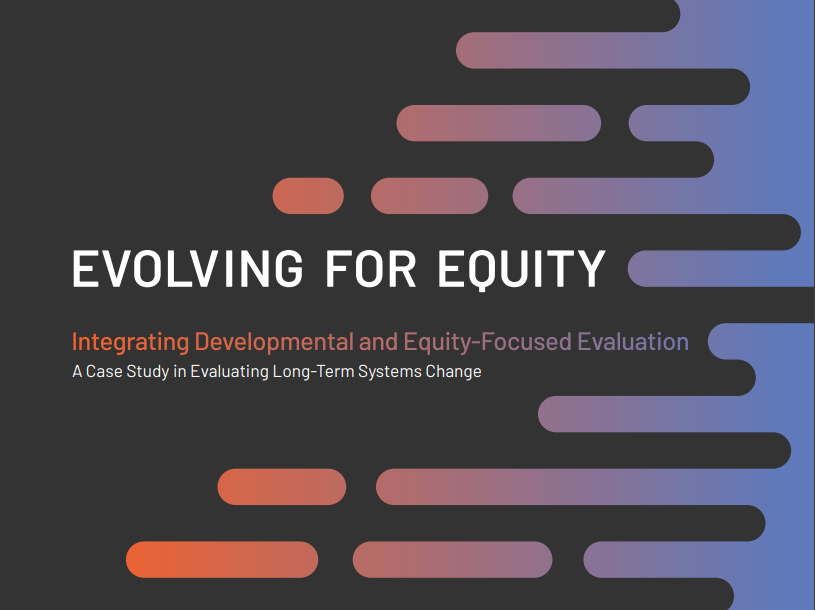In Nigeria, one of the key challenges faced by families working to pull themselves out of poverty is access to credit; women, in particular, often lack resources or access to knowledge to improve income at the household level. In real terms, credit offers the ability to buy the tools and supplies that support a farm and sustain a family. In 2001, Partners for Development (PFD) — with support from the Packard Foundation — began an innovative partnership with several local NGOs to provide small loans to farmers, while simultaneously providing families with reproductive health information.
 For more than 20 years, PFD has worked around the world to address local needs in public health, agriculture, and small enterprise development. The organization’s model is based on the idea that local partners should be involved in the planning and implementation of all the organization’s programs to best meet the needs of the people they are designed to serve. This approach is also designed to leave behind needed skills and infrastructure to continue the process of development in the communities where PFD works.
For more than 20 years, PFD has worked around the world to address local needs in public health, agriculture, and small enterprise development. The organization’s model is based on the idea that local partners should be involved in the planning and implementation of all the organization’s programs to best meet the needs of the people they are designed to serve. This approach is also designed to leave behind needed skills and infrastructure to continue the process of development in the communities where PFD works.
PFD Country Program Director in Nigeria, Ediri Kingsley Iruaga, indicates, “A primary barrier to repayment among some of our participants was access to healthcare; reproductive healthcare in particular. Greater control over the timing and number of children has a significant impact on the financial situation of families.” To address this issue, PFD and local partners decided to set aside an hour of each rural community meeting for discussions on family planning, HIV/ AIDS, and safe motherhood. Participants were also referred to local primary healthcare facilities.
In 2009, the Packard Foundation issued a $1.5 million program-related investment (PRI) to PFD to help the organization take this innovative model to scale and expand it across five Nigerian states in partnership with ten local NGOs. During April 2009-March 2014, PFD provided $1,727,451 million in loans to these local microfinance institutions (MFI), resulting in $23,409,123 in overall lending. As PFD worked to improve the financial management capabilities of local MFI, the vast majority of roughly 77,000 loans, coupled with reproductive health information, benefited 51,107 women. “Packard’s investment had a major impact on PFD’s work in Nigeria. It helped us leverage additional funding from USAID, thereby enabling us to reach thousands of women in collaboration with local partners,” says Iruaga.
The strength of PFD’s integrated programing in Nigeria is highlighted in a recent University of North Carolina at Chapel Hill study published in The Journal of Nutrition. The study demonstrates that women who participated in an integrated microfinance and breastfeeding promotion program were almost 50% more likely to exclusively breastfeed their children at the six-month mark than women participating in a standalone breastfeeding promotion program.
By March 31, 2014, PFD had made all interest payments and repaid the principal of $1.5 million covering the 60-month program implementation period. The organization’s work in Nigeria continues to help local partners establish self-sustaining programs combining micro-lending and reproductive health interventions across the country. Please refer to the PFD website: http://www.pfd.org/ or thePRI Final Narrative Report for further information.






